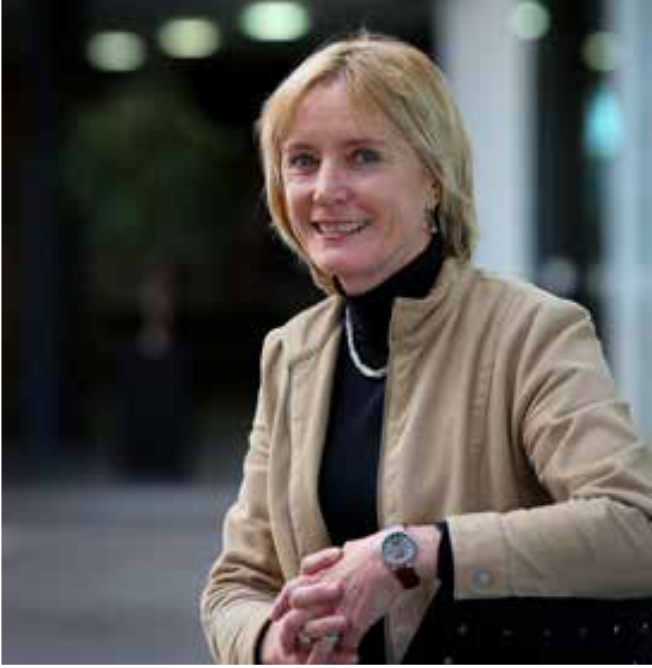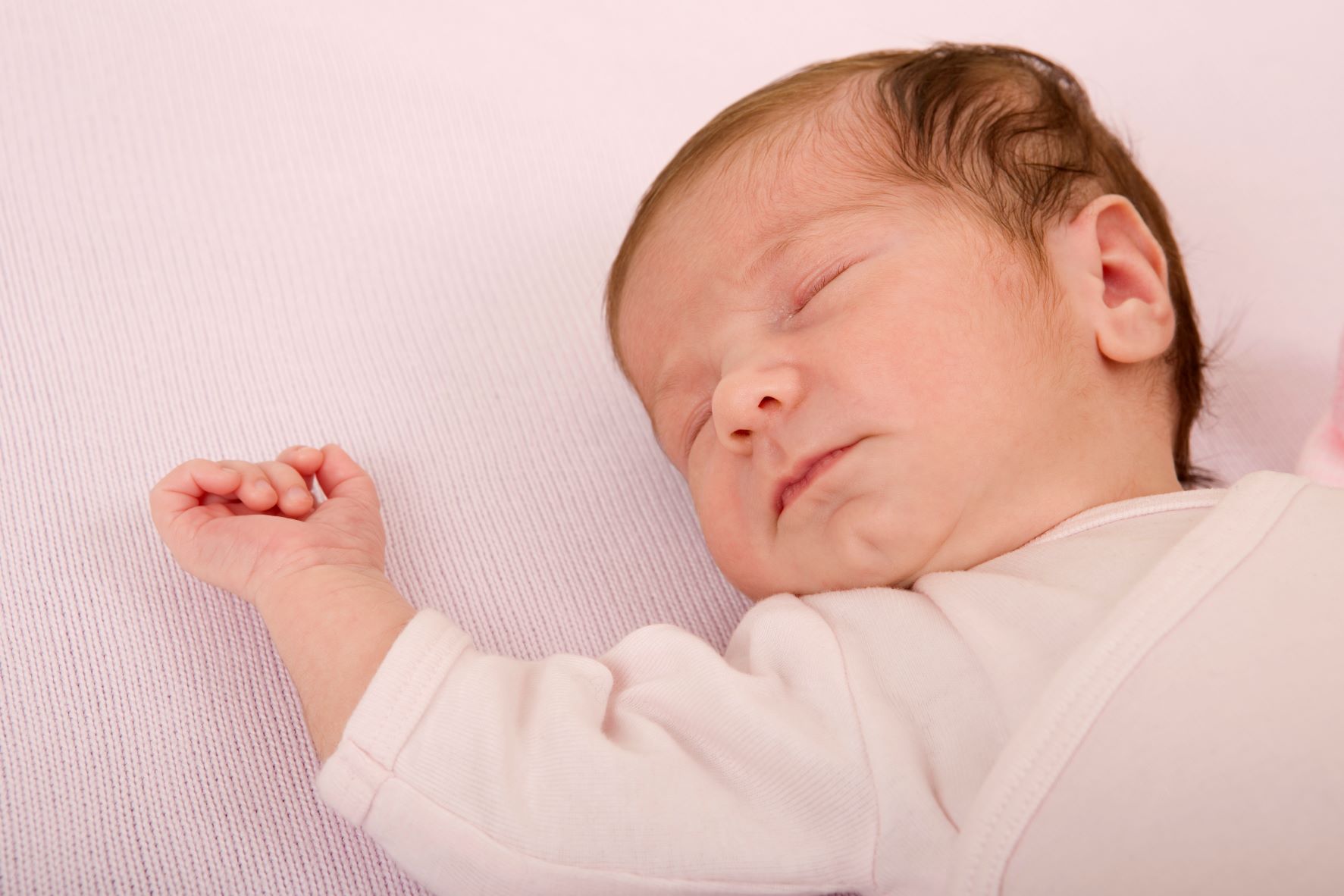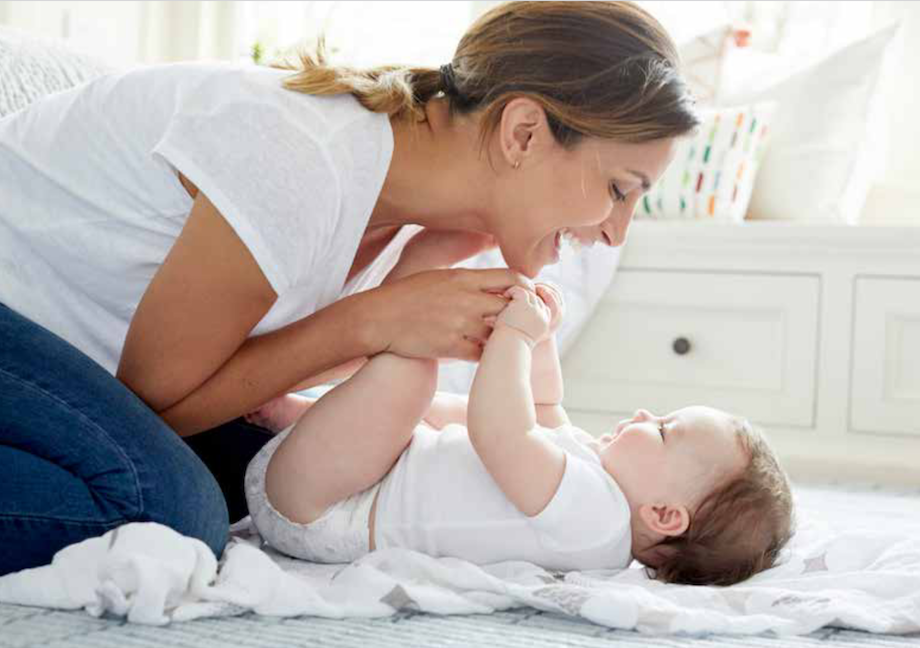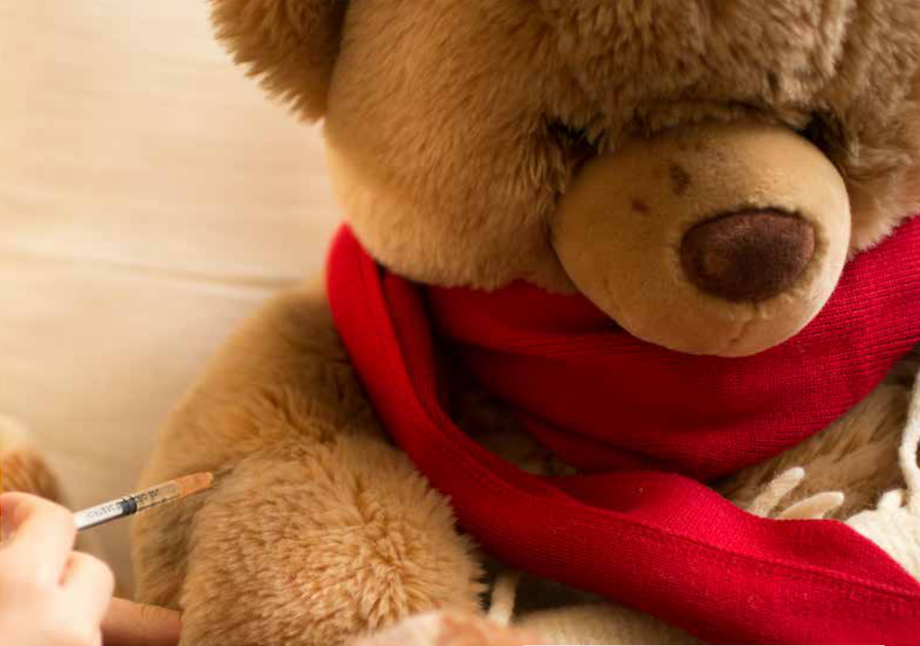
Why is there an outbreak? The current outbreak of measles spread quickly, especially in South Auckland. Parents of infants and toddlers are understandably concerned, as this is an extremely contagious disease. If you don’t have immunity to measles, contact with someone who is infectious almost guarantees you’ll catch it.
As of 20 September, there were more than 1,400 confirmed measles cases. So why are measles so prolific this year? Firstly, measles is more likely to come into New Zealand as there has been a resurgence in measles across the world. This is due to several reasons – war and conflict, weak health services and displaced people, increased international travelling, and in some countries an increase in fear and mistrust of health services. When immunisation rates drop, measles returns.
In New Zealand, over half of the cases were young people aged between 10 and 29 years. This is because back 20 to 30 years ago, New Zealand was not so good at offering immunisation to our children and so many missed out. This age group is now at high risk of not only becoming infected, but also passing measles on to others. Many of this age group are unaware they missed out on vaccination when they were young. They also have busy lives with lots of other issues going on, and prioritising preventative measures such as vaccination are not always top of mind in their lives. Once measles arrives, sadly it is a bit too late.
One-third of the cases have been in children four years of age or younger. Younger children are at much higher risk of severe disease, with more than 50% ending up in hospital. Fortunately to date, despite some extremely sick infants and thanks to our excellent intensive care services, none have died.
When to immunise?
Immunisation with the MMR vaccine provides a very high level of protection, but because the first dose isn’t usually given until 15 months of age, young babies are particularly at risk. All parents can request to have the 15-month immunisation early, from 12 months onwards. Particularly if you’re in Auckland, babies are strongly recommended to have these at 12 months. The other 15-month vaccinations can also be given at the same time.
Some parents are considering the benefit of MMR immunisation earlier than 12 months of age. New Zealand doesn’t usually offer MMR to infants under a year of age because the vaccine is less effective. However, it is likely to still have some protection, so if an infant is in a high-risk area such as living in South Auckland or travelling overseas to an area of high measles cases, having a single MMR can be protective.
If an infant under 12 months of age has been in contact with someone with measles, having an MMR within 72 hours of contact is also recommended, as it may help protect them against becoming very ill.
This is a decision made in consultation with your family doctor. Any infant who receives a vaccine under a year of age will still need their regular two vaccines at the usual times (12–15 months and 4 years) to be sure of effectiveness.
Vaccine shortage
Unfortunately, the spike in demand led to a national shortage of MMR vaccine. While new supplies are expected, temporarily not everyone who wants the vaccine can obtain it. The country is prioritising those at highest risk, which is young children due their 12–15 months and four-year-old vaccinations.
This is very frustrating for many who understandably want protection. We can only hope this shortage does not last for long. If you cannot currently obtain a vaccine, ask your general practice to keep you on the list and to inform you when they have supply in stock.
How can I protect myself and my children?
Children under a year of age can have an extra vaccination from six months if they are in a high-risk area. While babies under six months can still catch measles, it is less common. Infants do get some protection in the womb from their mother, but this wanes pretty quickly within the first few months of life. Breastfeeding is important and does offer some extra protection (if the mother was vaccinated or had measles in the past) but cannot totally protect against measles.
The other important protection for young infants is ensuring those around them are vaccinated so they do not spread the virus to them. Pregnant women, if they have been vaccinated, are highly likely to be protected. However, if you are unsure of your vaccination history or know you are not immune, the safest protection in pregnancy is to ensure people around you are vaccinated. You cannot be vaccinated in pregnancy as it is a live vaccine and is not recommended.
Why do some people not want to have the vaccine?
As parents we all want to do what is right for our child. A small percentage of people are fearful about giving their children vaccines. There are a range of reasons for this. The decision can be particularly difficult because many of us do not have personal, direct experience with the very severe side effects of measles and focus on the very rare but known side effects of the vaccine.
Some people have had previous bad experiences with their healthcare service or heard scary stories from social media, family or friends. For some, vaccination does not feel natural or they do not believe measles will affect their own child badly.
If you’re feeling unsure, the best approach is to find a doctor or nurse who you feel you can genuinely trust to talk through your fears and concerns. Some people are fearful the health authorities have got it wrong – in a world of increasing mistrust, trusting the best health advice is sometimes a hard thing to do.
It is reassuring though that every single country in the world recommends the measles vaccine as part of their vaccination programmes, and the vaccines are well tested and monitored for more than 50 years. In fact, since the year 2000, 21 million deaths have been prevented by the measles vaccine.
Recognising the signs of measles
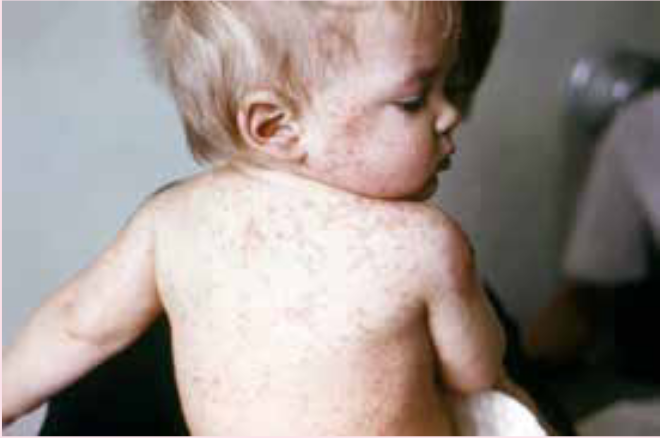
Measles is very infectious. Symptoms include:
- fever
- cough
- runny nose
- sore and watery ‘pink eyes’
- rash
If you or your baby have got any of these symptoms, or someone you know has, please ring Healthline on freephone 0800 611 116 or call your midwife or doctor. It’s really important you stay home, but if you do go to the doctor, please phone before visiting, as they can help you avoid the waiting room, so you don’t infect other patients.
Find out more
- www.health.govt.nz
- Healthline on 0800 611 116
